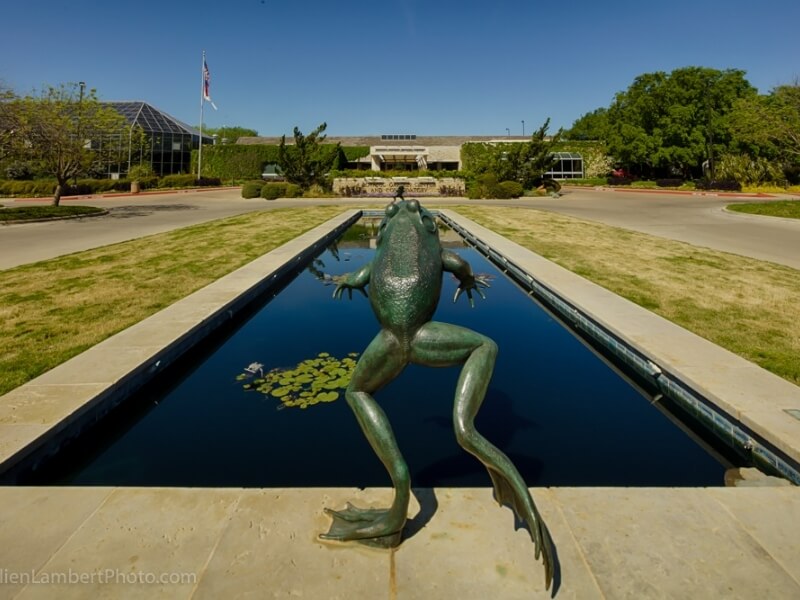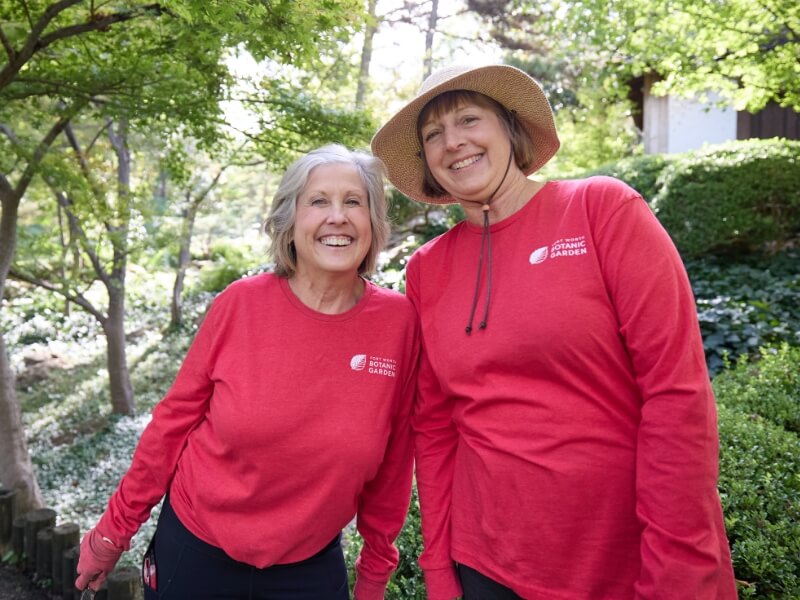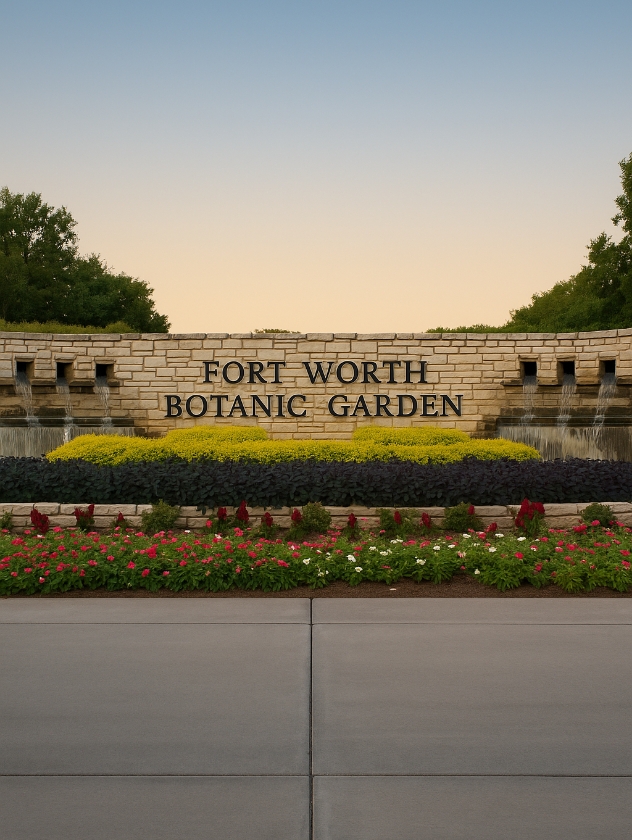Land Acknowledgement
Native American Land Use Acknowledgment Statement
We respectfully acknowledge that the Fort Worth Botanic Garden is located on traditional lands of Indigenous Peoples. We honor the ancestry, heritage, and gifts of all Indigenous Peoples who were sustained by these lands and give thanks to them. We are grateful that these lands continue to provide enrichment for many people today.
We know these lands were utilized by nomadic and migratory forager-hunter-fisher groups beginning at least 9,500 years ago. The names of these Cultural Groups are lost to us, but we do know they populated this area for millennia. More than 2,000 years ago, some Native Peoples were becoming more sedentary, using the lands in this area to raise crops, particularly corn, beans, and squash. These peoples primarily came from the Caddoan Language Family, ultimately including speakers of Wichita and related languages. We recognize that Jumano, Comanche, and other Peoples also ranged through this land for trading and hunting purposes. After European/African contact, many other Native American Cultural Groups were pressed into this area from farther east as their traditional homelands were populated by the newcomers, and, ultimately, all Native Peoples were driven from this region, as well, and not formally invited to resettle here again until the 1950s.
Acknowledgment. Transparency. Reciprocity. Collaboration.
A statement like that above is just one part of an on-going process to examine, acknowledge, and learn from the past as it relates to our campus’s journey from Indigenous dispossession to current “ownership.” We look forward to creating new programs and collaborations designed to strengthen ties between FWBG and Indigenous communities and share resources that encourage all patrons to learn the stories of the Native Peoples of this place. What we learn in this never-ending process will continue to inform our actions, including the content on this webpage. We hope you’ll grow and learn alongside us!
Collaborations:
- First Peoples Demonstration Garden: This tiny garden attempts to show some plants that First Peoples here used. Without recognizing that Native Americans harvested the wealth of the prairie, the story of this land is not complete.
- Tinsley Garden at Rock Springs: The likely future site of a monument and dedication ceremony
- Armchair Botany! Past to Present: Indigenous Culinary Arts of Lower Turtle Island : A presentation from the Herbarium team, walking through some of the many plant-based cuisines that have sustained, and still sustain, the indigenous peoples of the lower half of the North American Continent – the lower half of Turtle Island.
Learn More
Why is Indigenous land acknowledgment important?
The quotes below are from panelists at a 2019 Indigenous Peoples’ Day event co-hosted by the Native Governance Center. We feel these quotes encapsulate our rationale for acknowledgment work.
“It is important to understand the longstanding history that has brought you to reside on the land, and to seek to understand your place within that history. Land acknowledgements do not exist in a past tense, or historical context: colonialism is a current ongoing process, and we need to build our mindfulness of our present participation.”
“When we talk about land, land is part of who we are. It’s a mixture of our blood, our past, our current, and our future. We carry our ancestors in us, and they’re around us. As you all do.”
– Mary Lyons (Leech Lake Band of Ojibwe)



